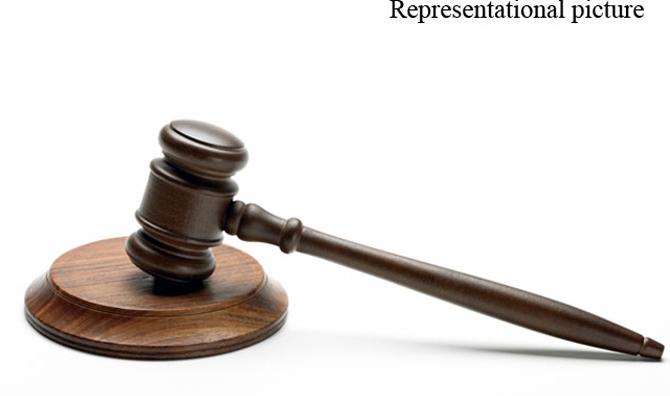The Supreme Court on Wednesday lashed out at the Centre for not criminalising sexual intercourse with a girl under 18 years of age even if the exploiter was her husband

The Supreme Court on Wednesday lashed out at the Centre for not criminalising sexual intercourse with a girl under 18 years of age even if the exploiter was her husband. The apex court rejected its justification to legitimise the "heinous offence" on the ground that the practice has been prevalent for a long time. "What has the Government of India done? It has persuaded Parliament to convert what is otherwise universally accepted as a heinous crime into a legitimate activity for the purposes of Section 375 (definition of rape) of the IPC if exploiter or abuser is the husband of the girl child.
ADVERTISEMENT

"But, contrarily the rape of a married girl child (called 'aggravated penetrative sexual assault' in the POCSO Act) is made an offence for the purposes of the POCSO Act," a bench comprising Justices M B Lokur and Deepak Gupta said. Dealing with the affidavit of the government on the IPC provision exempting males from being tried for rape if the wives were between the age of 15 and 18 years, the bench rejected its justification that by virtue of getting married, the girl child has consented to sex with her husband, either expressly or by necessary implication.
"In law, it is difficult to accept any one of these justifications. There is no question of a girl child giving express or implied consent for sexual intercourse. The age of
consent is statutorily and definitively fixed at 18 years and there is no law that provides for any specific deviation from this," Justice Lokur, in his 70-page judgement, said. Justice Gupta too was not impressed with the government justifying child marriage on the ground that it was a traditional practice which must be respected and that criminalising marital rape could destroy the institution of marriage.
"I am not impressed with the arguments raised by the Union of India. Merely because something is going on for a long time is no ground to legitimise and legalise an activity which is per se illegal and a criminal offence," Justice Gupta, in his separate but concurring 57-page verdict, said. The top court also observed that the reasons and justifications of the government "completely side track the issue and overlook" the provisions of the Prohibition of Child Marriage Act (PCMA), the Juvenile Justice (JJ) Act and the Protection of Children from Sexual Offences Act (POCSO).
"Surely, the Union of India cannot be oblivious to the existence of the trauma faced by a girl child who is married between 15 and 18 years of age or to the three pro-child statutes and other human rights obligations. "That these facts and statutes have been overlooked confirms that the distinction is artificial and makes Exception 2 to Section 375 of the IPC all the more arbitrary and discriminatory," the bench said.
 Subscribe today by clicking the link and stay updated with the latest news!" Click here!
Subscribe today by clicking the link and stay updated with the latest news!" Click here!






